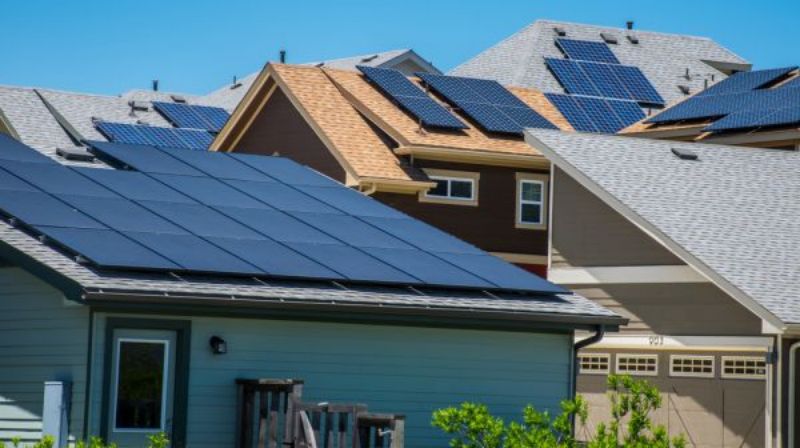With the global shift to cleaner, renewable energy sources, solar panels have become one of the most popular choices for homes and businesses. But are solar panels really pollution-free?
In this blog post, we’ll take a closer look at the environmental impact of solar panels.
Are solar panels really pollution free?
Although solar panels do not pollute the environment during use, their production process involves the mining and chemical processing of rare earth materials, which can be harmful to the environment. How to properly dispose of solar panels after ten years of use is also a challenge.
The United States, Europe, and China are the regions where the solar industry is most prevalent, and these regions face the greatest challenges. Nevertheless, solar energy remains a cleaner and more sustainable option than fossil fuels.
The pros and cons of recycling solar panels
Although solar energy is a clean and renewable source of energy, the production of solar panels poses environmental challenges. However, recycling old solar panels can help address these challenges by reducing landfill waste and limiting greenhouse gas emissions.
While the recycling of solar panels is still in its early stages, it holds great potential for the future growth of the industry and plays an important role in meeting climate change goals.
The International Renewable Energy Agency (IRENA) predicts that by the end of the next decade, the amount of hazardous waste generated by end-of-life solar panels will be significant. Proper disposal and recycling methods must be implemented as soon as possible to ensure that limited resources such as silicon and copper are used efficiently.
How does the use of solar panels affect carbon emissions?
Although solar panels do not produce carbon emissions, their production and materials can have an impact on the environment. Silicon mining during production can cause deforestation and water pollution. Overall, solar panels have a much lower carbon footprint than traditional energy sources and can help combat climate change. When assessing the environmental impact of a product, it is necessary to consider the entire life cycle of the product.

Can solar panels be recycled?
Yes, they can. Recycling solar panels is not only possible, but essential to reducing waste and environmental hazards. The recycling process involves disassembling solar panel components, sorting them for reuse, and then transporting them to specialized recycling centers that accept end-of-life or damaged solar panels.
What materials are used to make solar panels?
Solar panels are primarily made of silicon, but cadmium telluride and copper indium gallium selenide are also used. Other materials such as metal, glass, and plastic are also used in the manufacturing process. Although solar panels do not emit pollutants during operation, their production can have an impact on the environment.
Conclusion
Although solar panels produce no emissions during their use, their production and disposal processes can have an impact on the environment. It’s important to consider the entire lifecycle of solar panels, including the source of materials, the manufacturing process, and end-of-life management.
Fortunately, efforts are being made to create sustainable solar solutions that minimize environmental impact. As consumers, we can also play a role in ensuring that our old solar panels are properly disposed of or recycled. Read our blog now to learn more about sustainable solar and how you can make a difference.
Post time: Sep-21-2023